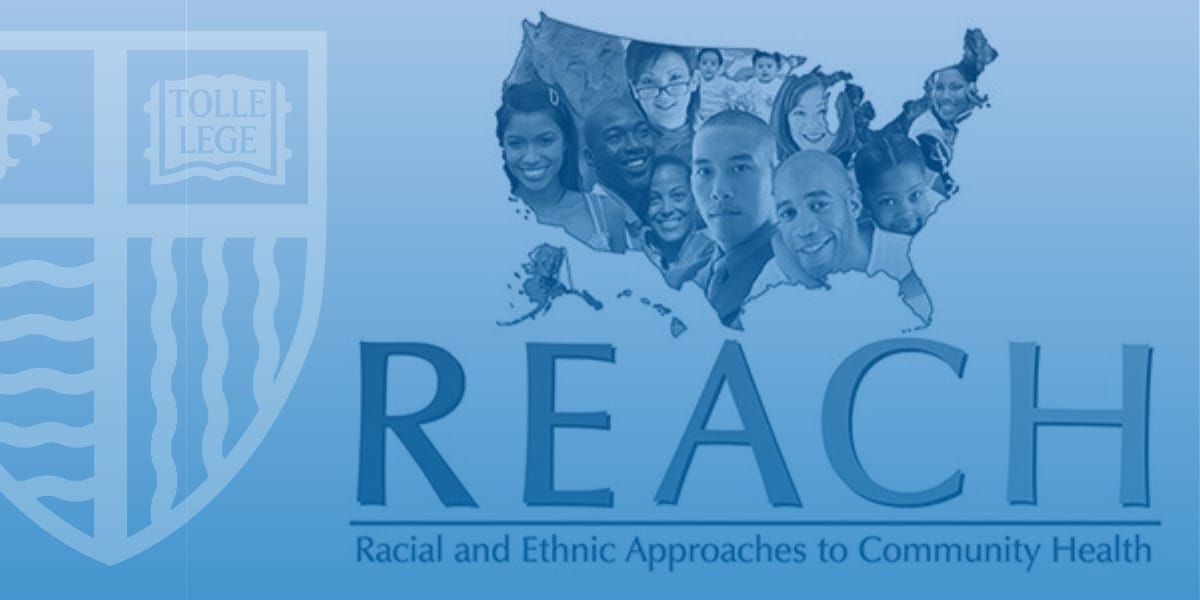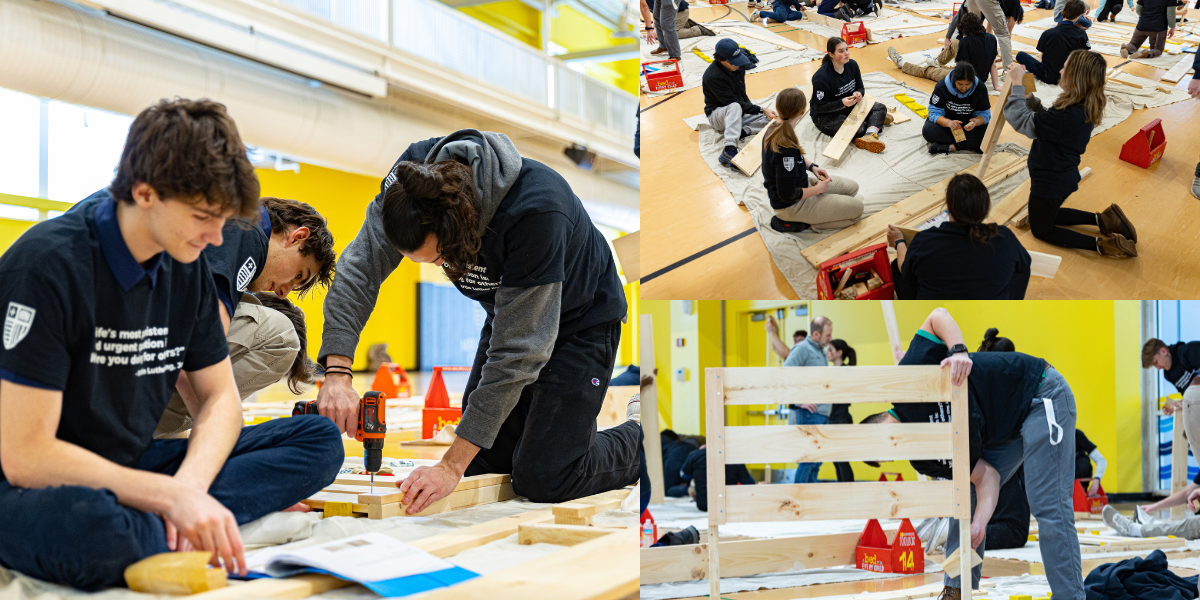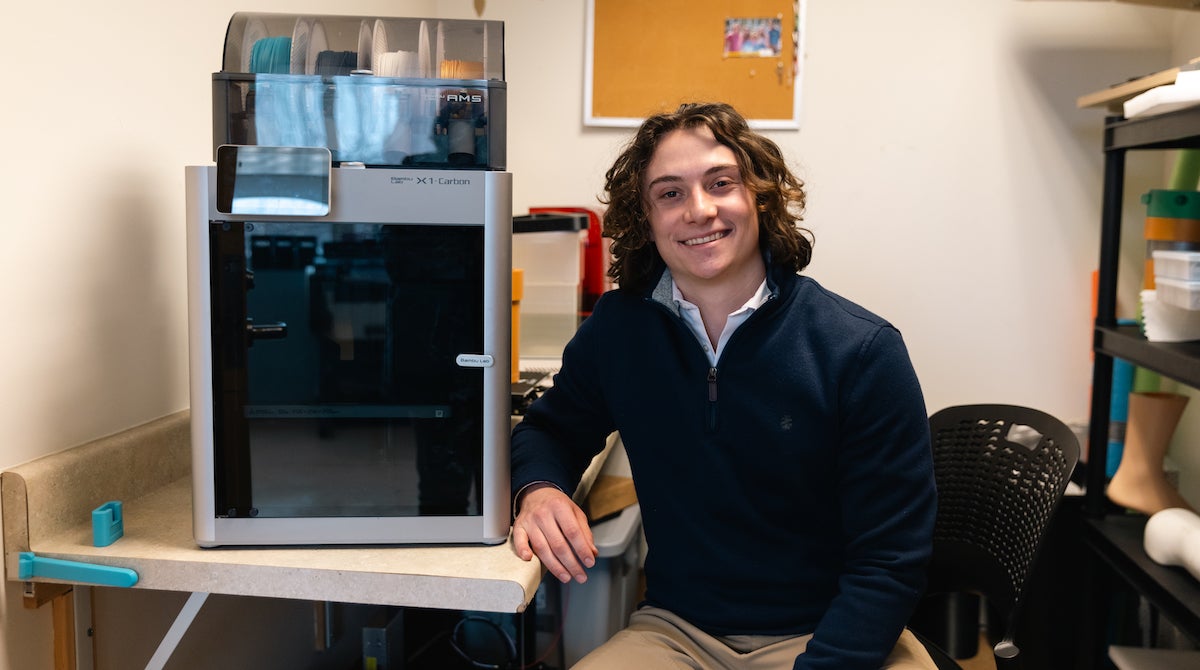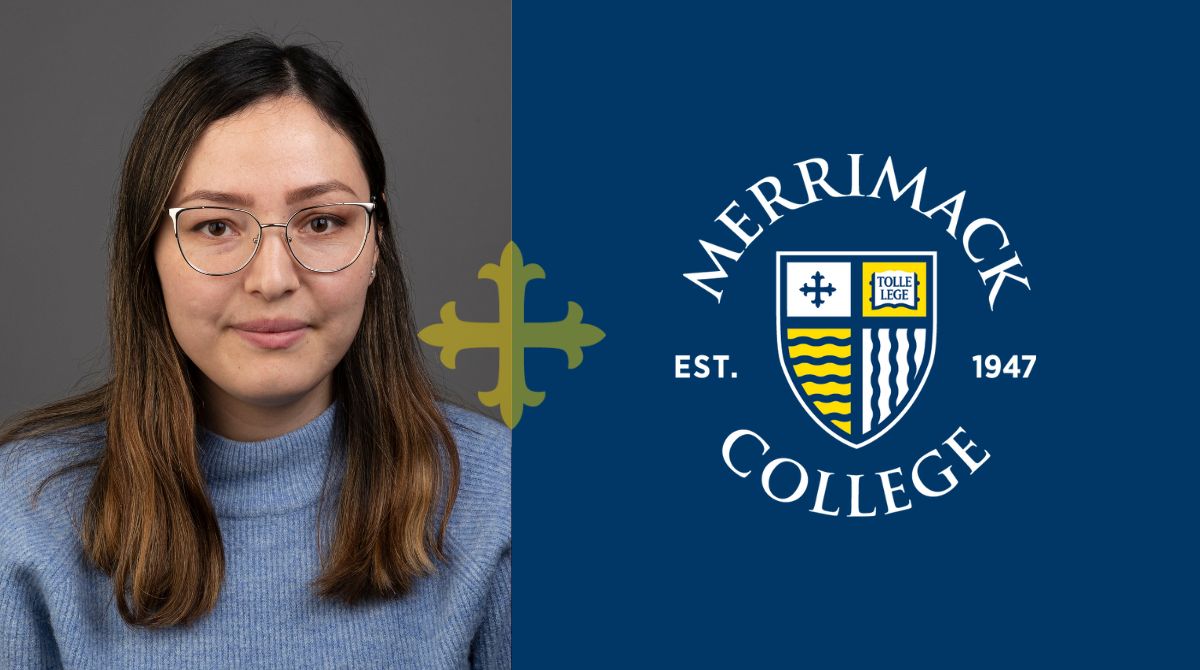At the core of Merrimack College’s mission and Augustinian values is a commitment to making a positive difference in society through engagement with neighbors and communities.
Faculty embracing that commitment, and furthering Merrimack’s work to be an anchor institution in the Merrimack Valley, has led to the College partnering with the city of Lawrence on a five-year collaborative agreement funded by the Centers for Disease Control (CDC) that could reach more than $3.5 million over the course of the agreement.
The funds will be used to implement the CDC’s Racial and Ethnic Approaches to Community Health (REACH) program across the city. According to its website, REACH aims to put into action evidence-based strategies that will improve health, prevent chronic diseases and reduce health disparities among racial and ethnic populations with the highest risk, or burden, of chronic disease. The Lawrence-Merrimack partnership is one of 41 projects across the country that received REACH funding, and one of two awards in Massachusetts.
“The city already has established relationships and support programs in these areas, and this award will provide more support for evidence-based strategies,” said Eleanor Shonkoff, associate clinical professor of nutrition and public health, who will work with the city on this award. “It will also create so many opportunities for Merrimack College students to get involved in research, health equity work, community engagement and sharing scientific information with the community.”
Spurred by the COVID-19 pandemic, Merrimack College increased its engagement with communities in the Merrimack Valley, including Lawrence, and empowered faculty to work with communities to identify ways College resources and faculty expertise could address pandemic-related assistance such as food security and healthy living programs.
As part of that engagement, Merrimack faculty began working more closely with Lawrence’s Mayor’s Health Task Force, which ultimately led to the CDC-funded partnership.
“It has been a fantastic work experience with the Merrimack College team,” said Elecia Miller, the Mayor’s Health Task Force’s community coordinator and principal investigator on the award. ““We have worked closely with faculty such as Eleanor, Elaine Ward, Chris Stuetzle and Cyndy Carlson as well the team at Hands to Help, and this funding will further cement our relationship with Merrimack.”
For the first few years of the award, Merrimack and the city will focus on the Lower Tower Hill neighborhood where chronic disease and food inequities are among the most prevalent in the city. One challenge they hope to address is expanding access to nutritional foods in the neighborhood. Miller explained because Tower Hill is one of the hilliest in Lawrence, with very narrow roads, city buses are unable to drive through the neighborhood. “It is difficult for residents to get to the places in the city where food is being distributed,” she added. “We will explore opportunities where we can best come together to get more food distribution within the neighborhood where it is more accessible.”
Collaborating with Shonkoff on food justice and nutrition and Ward on equitable community engagement, Miller said the project will be a significant investment in the community.
“We can have the best plan in the world, but if we don’t have the buy-in from the communities we are trying to support, there is less of a chance of success,” Miller said.





